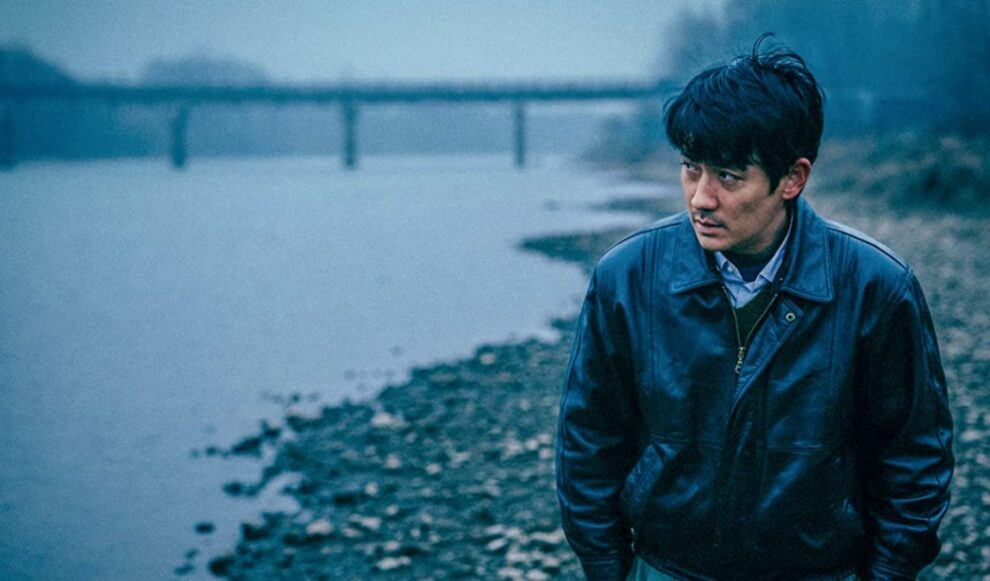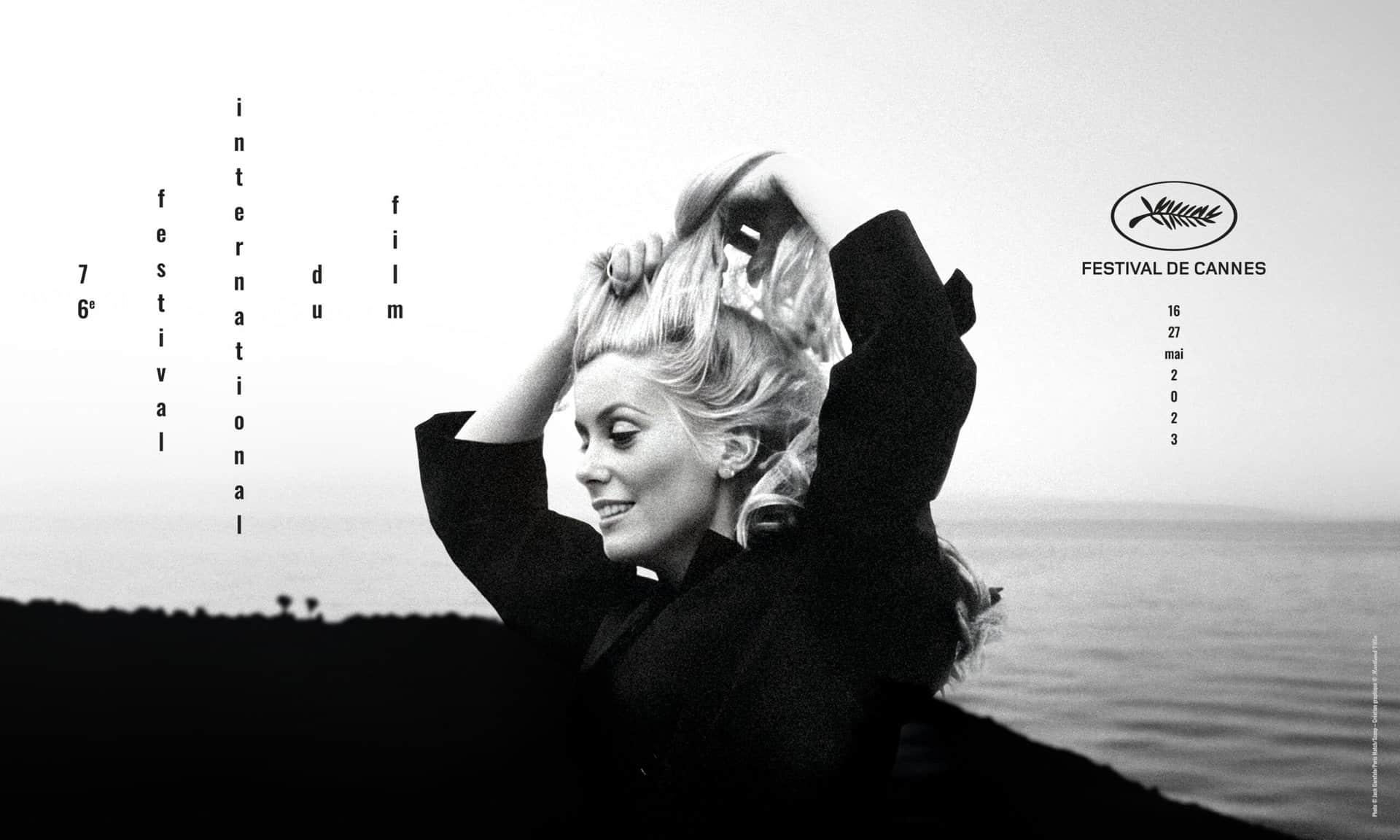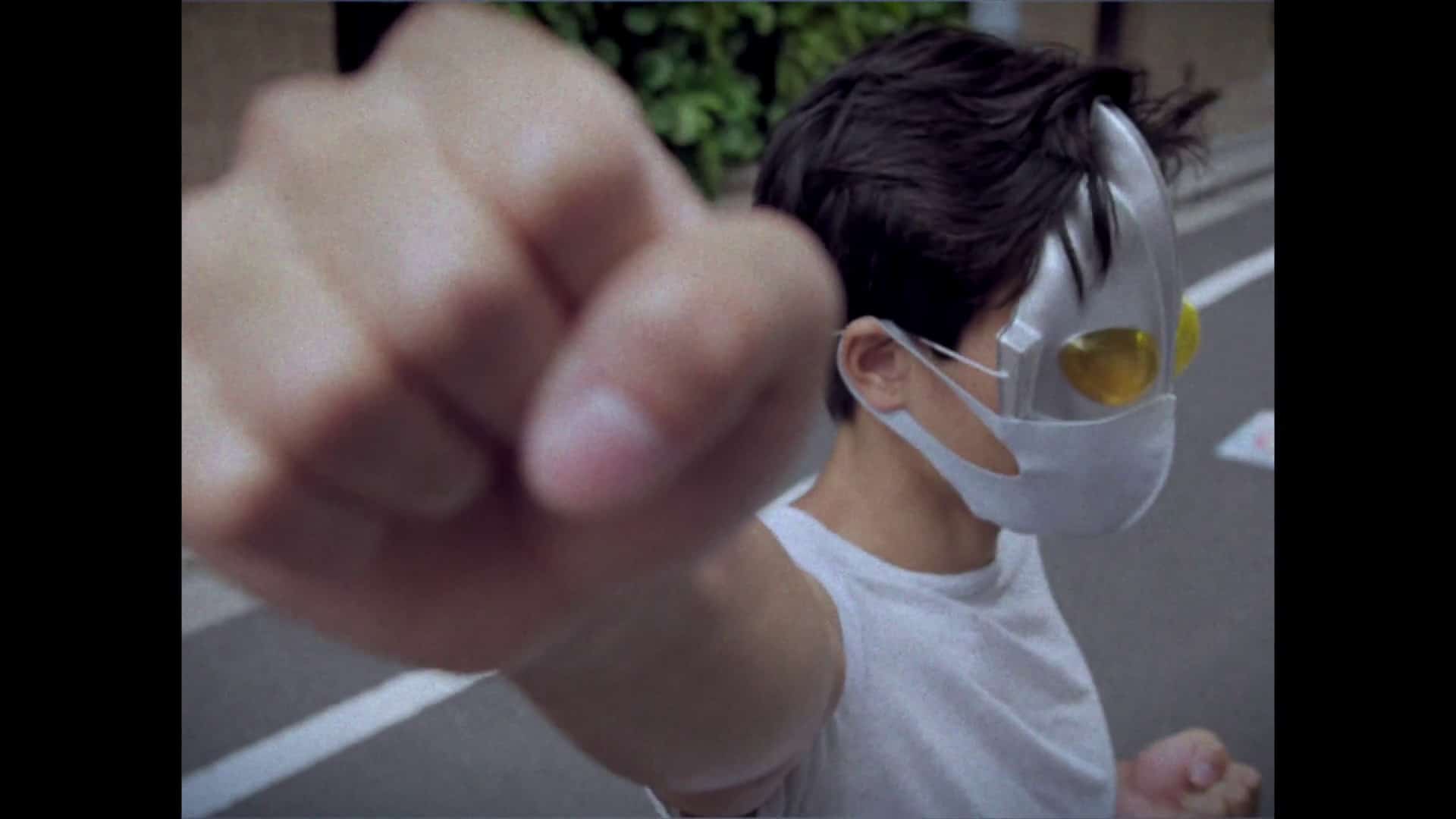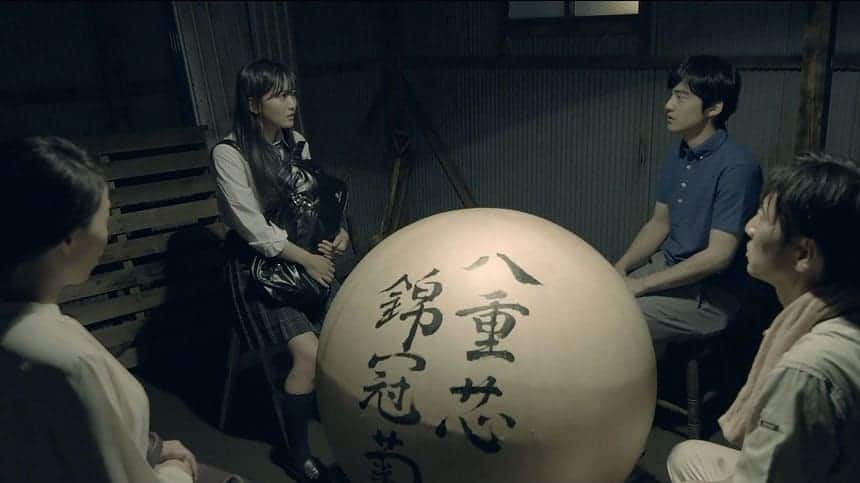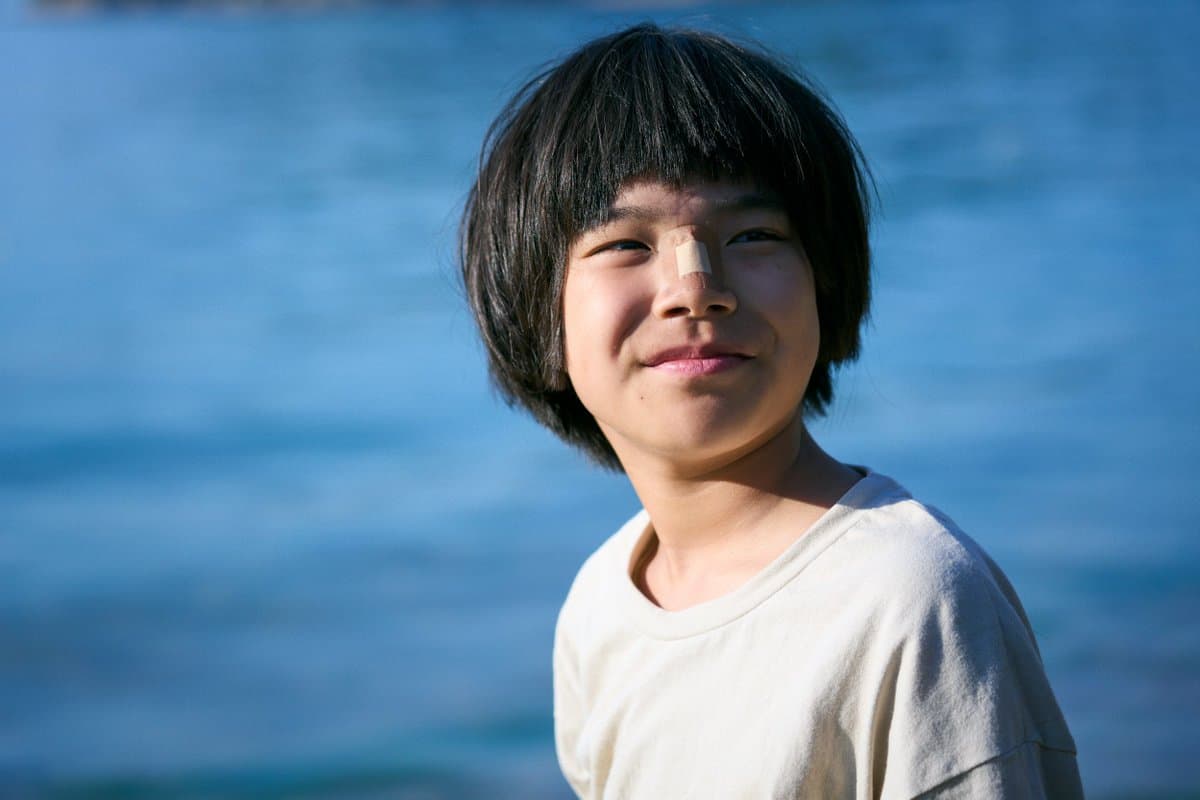As we have mentioned in the past, Chinese cinema has a knack of producing crime films that unfold in a distinct art house style, with titles like “Black Coal, Thin Ice”, “Mr Six”, and “Long Day's Journey into the Night” being among the first that come to mind. Cannes-favorite (all four of his movies have screened there) Wei Shujun returned in 2023 in the festival with, “Only the River Flows”, a movie that follows a similar approach.
“Only the River Flows” screened at Cannes
Adapted from the novella “Mistakes by the River” by the famous Chinese novelist Yu Hua, the almost entirely shot on 16mm film takes place in the small city of Banpo in China during the 90s. It is there that police detective Ma Zhe is tasked with finding the culprit of the murder of Granny Four, an old lady who was raising her geese in the area and was killed by the river he was feeding them. The police precinct has just moved into an abandoned cinema in the area, and the atmosphere is celebratory, while Ma Zhe's higher up is mostly interested in ping pong and his young colleagues in flirting. In such a setting, the collective will to close the case is intense, with all the suspicions turning into a young man nicknamed Madman, who Granny Four had taken under her wing. A handbag featuring a music tape, however, leads the detective to a case that is more complicated, as it includes an accountant, a poetry teacher and a hairdresser, who reveals that something more complicated is taking place. As the pressure piles up, Ma Zhe also finds himself with troubles at home, since his pregnant wife, Bai Jie discovers that their upcoming baby has a genetic disorder.
As is essentially the case with all the aforementioned titles, solving the crime is not exactly the main purpose here, with Wei Shujun following a surreal, abstract and definitely slow-burning art house approach which mostly aims in analyzing his characters, and through them, to make a number of sociophilosophical comments. In that fashion, the most evident one regards the lack of individuality and the subsequent anonymity living in a country of more than a billion inhabitants inevitably brings. The name of the first victim is an almost funny approach to the fact, with the same essentially applying to the Madman, as much as the lack of interest in actually solving the case by the higher ups. What does one more death mean in such a population, particularly when she is an old woman.
The second central comment, which is definitely in the background but still quite impactful, derives from the relationship of Ma Zhe with Bai Jie, and particularly the friction rising from the fact that their upcoming child will be born with a disorder. Ma Zhe repeatedly states that they are supposed to abort it, but his wife insists that ‘her body, her decision', in a comment that echoes quite intently even today, but even more in the one-child policy in 90's China. The way this issue and the way the case unfolds shed light to the protagonist's character is probably the most appealing aspect of the movie, particularly in the way a man who is evidently smarter and more committed than everyone around him, finds himself depressed and struggling to keep going.
The way the whole decrepit, muddy, colored in almost constant gray tones mirrors his mood is another of the movie's best traits, in a rather artful resonance between story and aesthetics. In that fashion, Chengma Zhiyuan's cinematography emerges as one of the best aspects of the film, also for the way he depicts various instances of water, as in the various shots of the river and the rain, in an approach that adds to the melancholy the movie emits. Matthieu Laclau's editing is as accomplished as usual, with the slow pace fitting the narrative and the overall aesthetics of the movie to perfection. At the same time, I have to mention that the movie does emerge as too slow on occasion, with the lack of focus on the why and whodunnit element and the abstract presentation of some of the character, as in the case of the Madman, definitely not helping in terms of entertainment, with the movie eventually emerging as “too arthouse” on occasion.
Check also this interview
On the other hand, Zhu's Yilong performance is captivating to watch, with the wit and emotion he brings into every scene carrying the movie for a large part of its duration. His evident charisma, also assisted by his appearance, in a combination of Tony Leung and Hiroshi Abe, also helps the most in that regard. From the rest of the cast, the one that stands out is definitely Chloe Maayan as Bai Jie, with the scene where they are fighting and the one they laugh together being among the most memorable in the movie, while also highlighting the excellent chemistry of the two.
Although “Only the River Flows” emerges as excessively artistic on occasion and will probably find very few fans among crime thriller aficionados, the artfulness that is evident in every frame and the charisma of the protagonists definitely make it a movie worth watching, that will probably appeal intently on fans of art-house/European cinema, in a tendency that seems to accompany a plethora of mainland independent productions.


